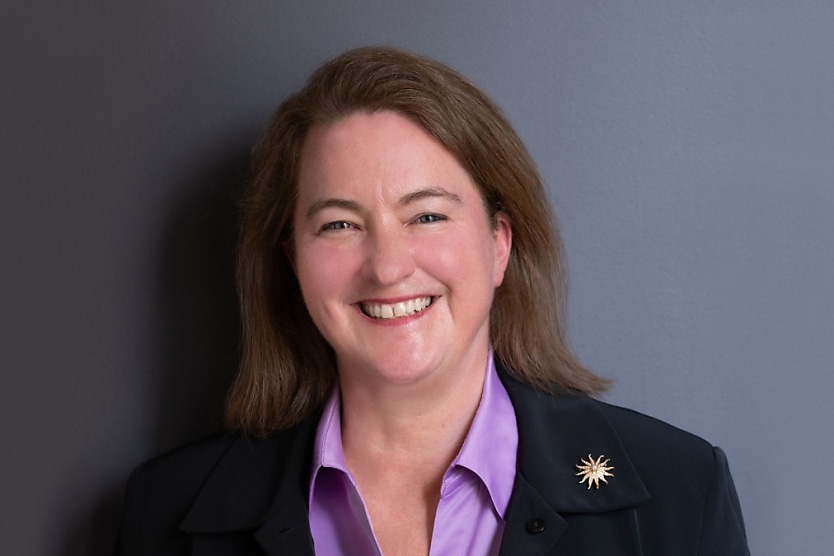WGEA advised to ‘closely consult’ unions on Gender Equality Targets Bill
SHARE THIS ARTICLE

The Workplace Gender Equality Bill is set to bring measurable improvements to gender equality throughout Australian workplaces – yet a recent report has added a few varying recommendations for the bill.
Back on 21 November 2024, the provisions for the Workplace Gender Equality Amendment – referred to as the Setting Gender Equality Targets – Bill was referred to the Senate finance and public administration legislation committee for an inquiry and report into the bill.
The bill seeks to mandate that large organisations undertake measurable actions and demonstrate improvements in promoting gender equality, requiring organisations to establish “specific gender equality targets”. These organisations would be obligated to either “achieve these targets” or provide evidence of measurable “improvement over a three-year target cycle”.
The report offers five key recommendations for the bill, with the committee who conducted the inquiry ultimately professing that the bill should be passed.
One of the key recommendations listed in the report was that WGEA “closely consult unions on the development of guidance materials for reporting entities on target selection and compliance”.
The bill in itself was supported by numerous employee representatives, including the Australian Council of Trade Unions (ACTU), which supported the “overall aims” of the bill, stating: “By requiring an employer to take significant proactive steps to addressing gender workplace inequality, the chances of unseating negative culture and practices that prolong gender inequality are improved.”
However, Sascha Peldova-McClelland, a senior legal/industrial officer for the ACTU, questioned the risk of employers setting their own targets.
“[There is] a risk that employers might set their own numeric targets so low that they won’t be meaningful. Further, some of the targets as currently drafted replicate the existing legal obligations of employees,” said Peldova-McClelland.
“This reform should ensure that targets are significant and meaningful, that they don’t replicate existing obligations but require something additional, and that they are regularly updated and improved in consultation with the unions and others.”
“In order to ensure these things, it is appropriate that the targets are contained in regulations rather than in the bill.”
In light of this, the ACTU recommended that relevant unions should be consulted prior to selecting gender equality targets.
The committee agreed with this notion – although acknowledging that WGEA does encourage consultation between entities and employees – recommending that the government should consider integrating the consultation with unions and workplace delegates in the reporting framework.
RELATED TERMS
The term "gender pay gap" refers to the customarily higher average incomes and salaries that men receive over women.
Kace O'Neill
Kace O'Neill is a Graduate Journalist for HR Leader. Kace studied Media Communications and Maori studies at the University of Otago, he has a passion for sports and storytelling.

